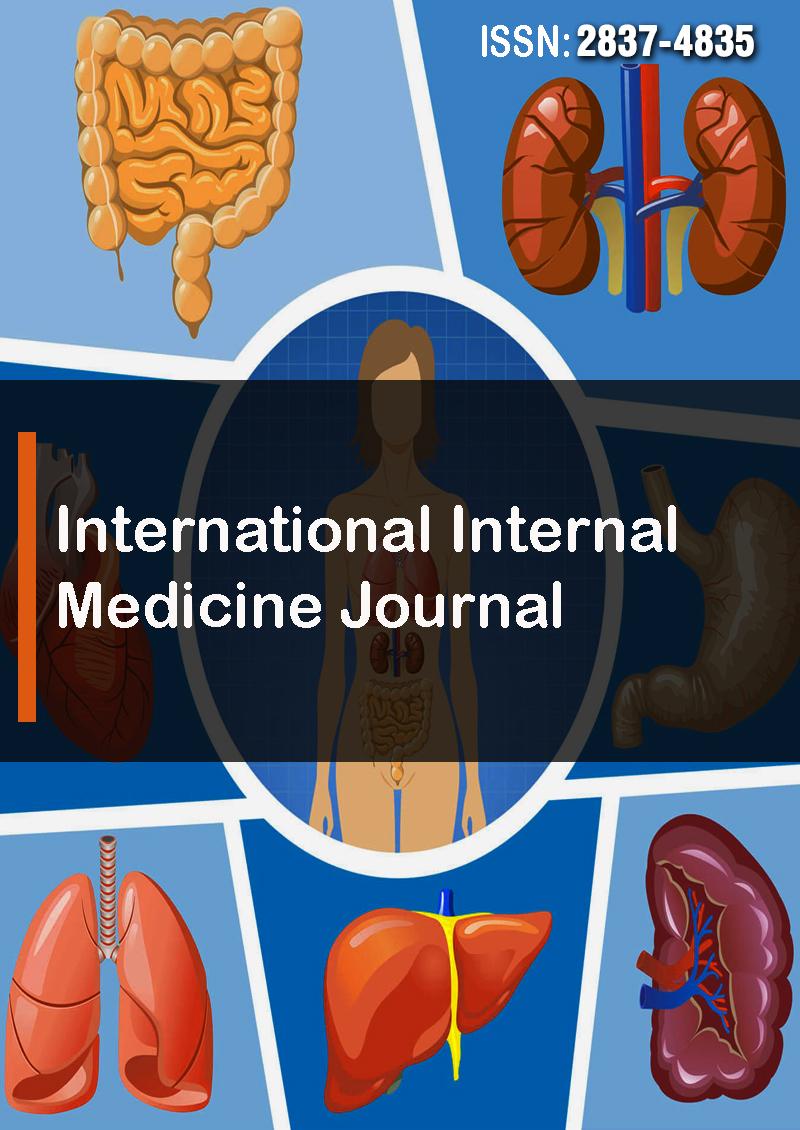The Cause of Panic at the Outbreak of Covid-19 in South Africa-A Comparative Analysis With Similar Outbreak in China and New York
Abstract
King Costa
Lack of proper messaging at an outbreak of a novel disease causes panic with more serious damaging impacts on livelihoods, social-fabric of communities, economic landscapes, and political stability. There have been notable high levels of panic in South Africa and the globe with regard to the outbreak of COVID-19. The current lack of knowledge and poor communication has been attributed as a precursor to the skyrocketing global panic (Freimuth, Linnan, Potter, 2000). Fuelling this panic is the rate at which the incidence of new infections is increasing in countries outside of China, with Italy and Iran leading on a number of new infections and death cases.
A Content Analysis method was used to analyze articles, media clips and social network reactions to the outbreak of COVID-19 in South Africa on the 6th of March 2020. The key to the investigation was to understand how authorities are communicating with the public on matters of national concern – regarding how they are prepared to deal and handle the outbreak. This study further compares the South African response to China at the outbreak of SARS in 2003. Codes to analyze texts extracted from targeted media and scientific sources and themes were generated and presented.
Findings indicate that the general public does not have faith in government authorities, due to a lack of communication. It is perceived that lack of communication is indicative of a lack of preparedness. Contrary to evident panic in South Africa, scientific data indicates that there is no need to panic as a result of the outbreak of COVID-19. Further, a study from the French Institute for Health and Medical Research in 2020 on the prepardness of African countries to handle COVID-19 indicates that South Africa is one of the better-equipped countries in Africa to detect and handle any incidence of COVID-19. This study further recommends that authorities and policy-makers use communications to educate the public far earlier at the onset of epidemic outbreaks, regardless of where it happens as the air-traffic connects global countries, resulting in the potential for disease importation.



